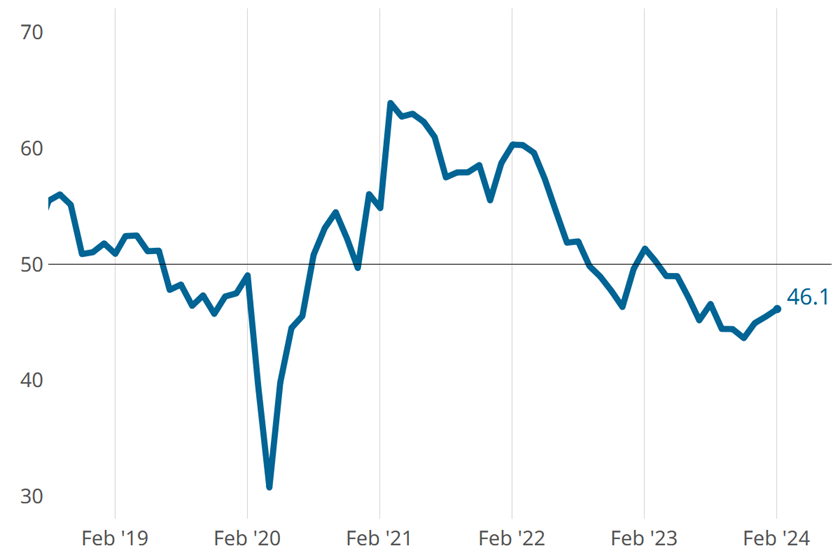Is There Only One Answer?
I agree with U.S.
I agree with U.S. Treasury Secretary John Snow, who recently made the comment while in Dubai, “It is unhealthy for the global economy if countries depend on American consumers for growth.” He said that other nations need to foster home-grown expansion.
It seems many countries rely on export-led growth instead of looking internally for areas of growth. Exports can be part of a successful growth strategy, but a successful world economy cannot be based solely on exportation. The old saying goes, “Don’t put all your eggs in one basket.”
Featured Content
Many cite government policy, particularly the value of the dollar, as the reason the trade deficit has become so distorted. There is some truth to that. A briefing paper, “Mending Manufacturing” from the Economic Policy Institute suggests that government first engineer “a gradual but substantial decline in the value of the U.S. dollar.” A decline in the value of the dollar would lower the price of U.S. exports in world markets and raise the price of foreign imports into the U.S.
MSNBC's John W. Shoen said that a falling dollar has consequences that aren’t so obvious or pleasant. Mr. Shoen said, “For starters, those record low interest rates that have made borrowing so cheap may soon begin moving higher again.” Also, a weaker dollar may keep foreign investors away from the stock and bond markets because the value of their investments could decrease. This would push interest rates higher.
However, there seem to be more proponents of a weaker dollar than there are opponents. Secretary Snow recently met with finance ministers from the Group of Seven (United States, Britain, Canada, France, Germany, Italy and Japan) partially in a bid to have China allow its currency to fluctuate more, providing more flexibility in exchange rates worldwide. But will all this global politicking solve anything?
You have to go back to what Secretary Snow said, “...nations need to foster home-grown expansion.” In the past, the United States accomplished that through its manufacturing prowess. We manufactured cars for our own country. Our televisions, radios and other electronics were manufactured here. Our clothing was American grown and sewn. The only thing we had that was made in China or Japan was something won at a carnival.
What happened? I believe that we wanted more stuff. To acquire more stuff, we needed products that cost less; however, we still wanted quality. Other countries realized that and opted to satisfy our hunger and empty our wallets by pouring products into the market. And we devoured it, not considering that buying a television set made in Japan or clothes made in Malaysia took work away from someone in the United States. We wanted it—we bought it.
Is there any one organization or group you can point your finger at for causing the manufacturing’s decline? The government? Asia? Other foreign countries?
How about the American consumer? How about yourself?


















